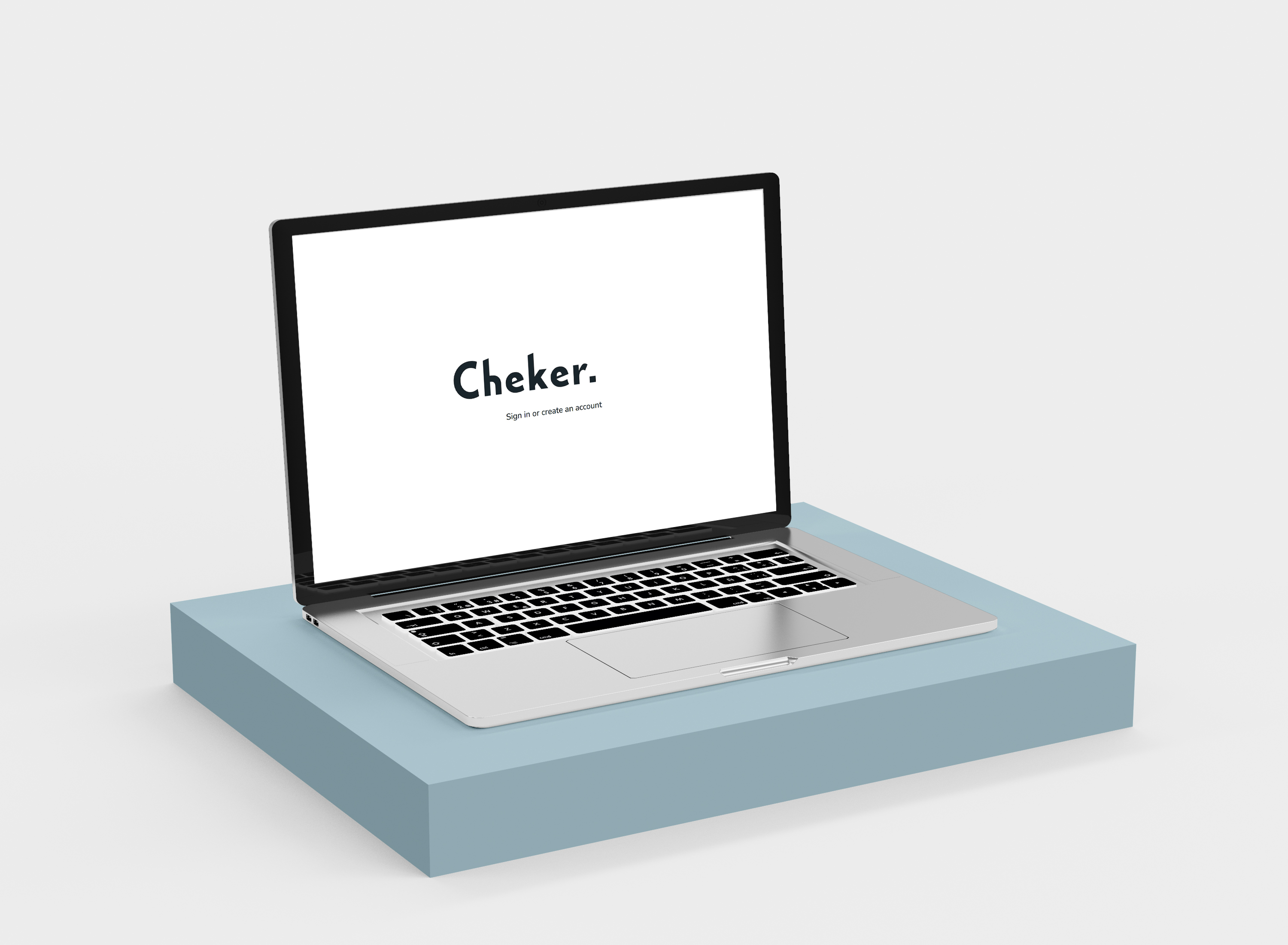Mastering Quality Control: How Checklists Can Improve Process Accuracy
In any business or organisation, quality control is essential to ensure optimal operations and customer satisfaction.

This is particularly true for office managers and process owners, whose responsibilities hinge on ensuring that business processes are accurate and efficient.
Fortunately, mastering quality control can be significantly improved through the use of checklists.
A checklist is a simple tool that outlines specific tasks or steps that need to be completed during a particular stage of a process.

Creating a checklist can be done for any business process, from pre-hiring procedures and payroll management to managing inventory and customer service.
At its core, a checklist helps to impose a structured approach during a process to ensure consistency and accuracy.
One of the primary benefits of using checklists in quality control management is that it helps to reduce errors.
By highlighting every crucial task, a checklist can help to avoid mistakes commonly made when doing multiple things simultaneously.

This ensures that each step of the process is completed correctly, minimising the risk of errors and avoiding the costs associated with mistakes, including delays, damage to reputation and liability issues.
Another significant benefit of using checklists is that they help to improve productivity.
By having a systematic approach, checklists enable teams to work efficiently and minimise redundancy.
Instead of wasting time trying to remember what to do, employees can focus on the task at hand, eliminating the need to go back and fix
mistakes that could have been avoided.

In conclusion, using checklists to maintain quality control in business processes is a crucial strategy for managers and process owners.
By embracing checklists, businesses can improve accuracy, productivity, and consistency, as well as minimise errors and risks.
With the right mindset and tool, mastering quality control is achievable and sustainable.
Click here to
try out a great Check List tool named Cheker.


by happia apps

